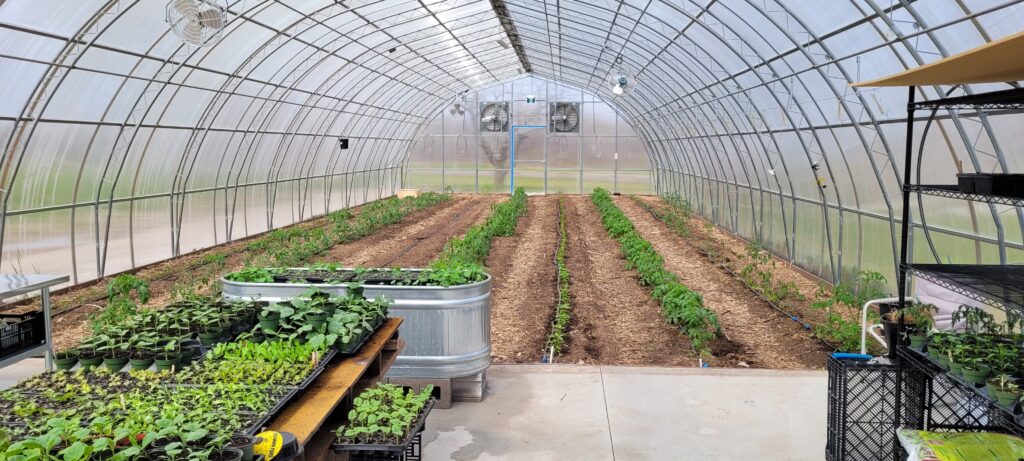As more and more people become aware of the impact their food choices have on the environment, there is an increasing interest in regenerative agriculture and the benefits it can provide for both our health and the health of the planet.
Regenerative agriculture is a holistic approach to farming that focuses on building soil health, promoting biodiversity, and improving overall ecosystem function. By working with nature, rather than against it, regenerative farmers are able to produce nutrient-dense foods that not only nourish our bodies, but also help to repair and restore the earth.
One of the key benefits of regenerative food systems is the increased nutrient density of the foods they produce. Because regenerative farmers prioritize soil health, their crops are able to absorb more minerals and nutrients from the earth. This results in foods that are not only more delicious, but also more nourishing for our bodies.

In addition to providing us with nutrient-dense foods, regenerative agriculture also has a positive impact on animal health. By using holistic management techniques, such as rotational grazing, regenerative farmers are able to create healthier and more resilient livestock. This not only improves the welfare of the animals, but also results in meat and dairy products that are higher in nutrients and lower in toxins.
Eating a diet that is rich in nutrient-dense foods from regenerative sources can have a profound impact on our overall health and well-being. It can help to reduce inflammation, improve gut health, and boost the immune system.
Furthermore, regenerative agriculture not only helps to nourish our bodies but also helps to repair the planet. By building soil health and promoting biodiversity, regenerative farmers are able to sequester carbon, improve water quality, and create a more resilient ecosystem.
In conclusion, regenerative food systems offer a powerful solution for nourishing both ourselves and the planet. By prioritizing soil health, promoting biodiversity and improving overall ecosystem function, regenerative farmers are able to produce nutrient-dense foods that not only taste better but also have a positive impact on our health and the health of the planet.